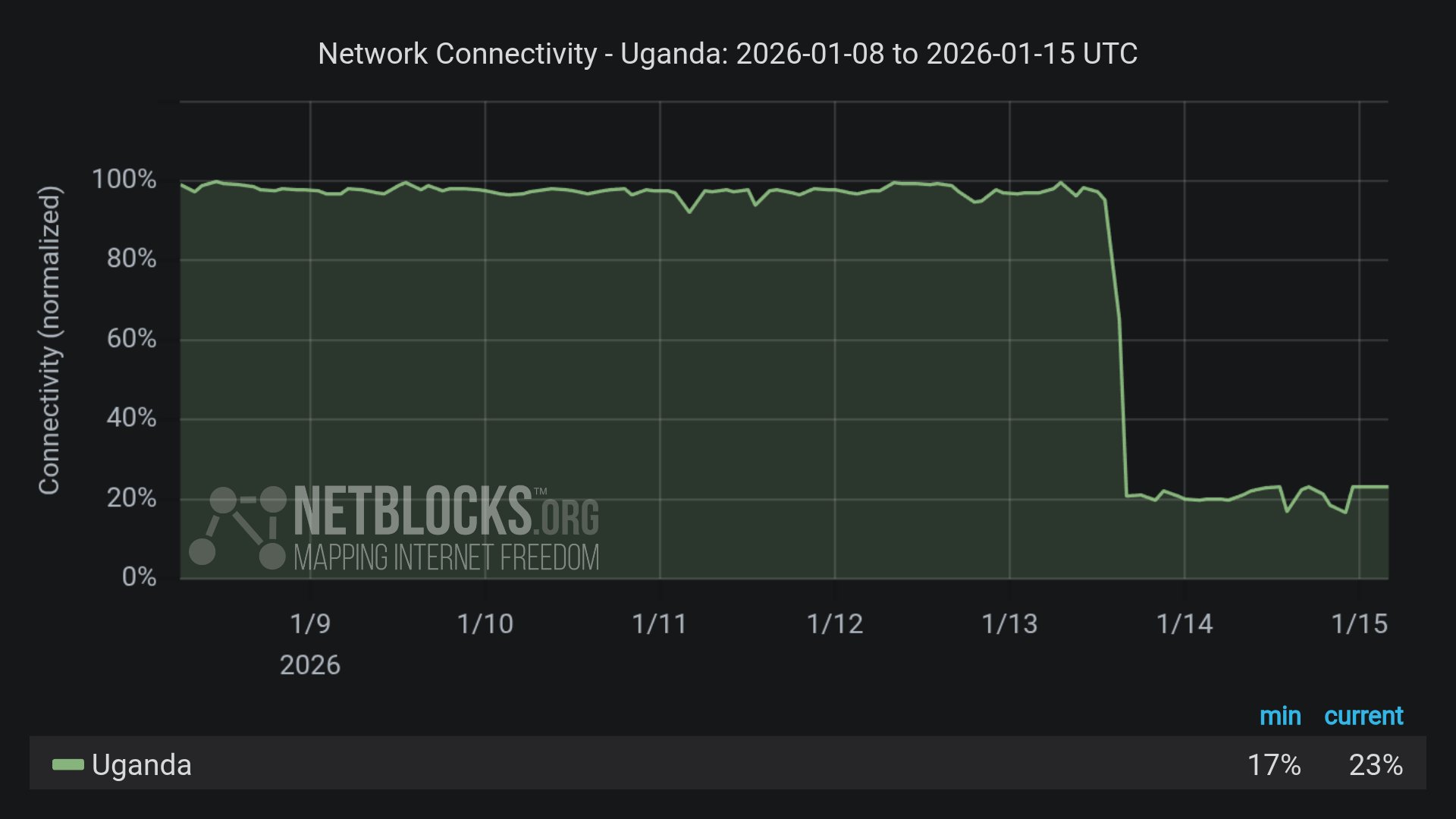The potent reaction from both Chinese netizens and mainstream media in response to Sunday’s deadly train crash in Wenzhou has shown how the state’s propaganda machine is being increasingly challenged. The majority of Chinese media (including state-owned organs) this week ignored directives issued by the Central Propaganda Ministry not to report on the causes of the crash. Meanwhile, netizens’ use of social media, both to chronicle the disaster and to express their fury at the government’s handling of the situation, has led outspoken paper Southern Metropolis Daily to claim “no one, not even someone with the lowest IQ, would choose to challenge the public at this particular point in time.”
NEWS
Support free expression for all
At Index on Censorship, we believe everyone deserves the right to speak freely, challenge power and share ideas without fear. In a world where governments tighten control and algorithms distort the truth, defending those rights is more urgent than ever.
But free speech is not free. Instead we rely on readers like you to keep our journalism independent, our advocacy sharp and our support for writers, artists and dissidents strong.
If you believe in a future where voices aren’t silenced, help us protect it.
At Index on Censorship, we believe everyone deserves the right to speak freely, challenge power and share ideas without fear. In a world where governments tighten control and algorithms distort the truth, defending those rights is more urgent than ever.
But free speech is not free. Instead we rely on readers like you to keep our journalism independent, our advocacy sharp and our support for writers, artists and dissidents strong.
If you believe in a future where voices aren’t silenced, help us protect it.
At Index on Censorship, we believe everyone deserves the right to speak freely, challenge power and share ideas without fear. In a world where governments tighten control and algorithms distort the truth, defending those rights is more urgent than ever.
But free speech is not free. Instead we rely on readers like you to keep our journalism independent, our advocacy sharp and our support for writers, artists and dissidents strong.
If you believe in a future where voices aren’t silenced, help us protect it.
At Index on Censorship, we believe everyone deserves the right to speak freely, challenge power and share ideas without fear. In a world where governments tighten control and algorithms distort the truth, defending those rights is more urgent than ever.
But free speech is not free. Instead we rely on readers like you to keep our journalism independent, our advocacy sharp and our support for writers, artists and dissidents strong.
If you believe in a future where voices aren’t silenced, help us protect it.
At Index on Censorship, we believe everyone deserves the right to speak freely, challenge power and share ideas without fear. In a world where governments tighten control and algorithms distort the truth, defending those rights is more urgent than ever.
But free speech is not free. Instead we rely on readers like you to keep our journalism independent, our advocacy sharp and our support for writers, artists and dissidents strong.
If you believe in a future where voices aren’t silenced, help us protect it.
By Marta Cooper
READ MORE
-

Starlink offers a glimmer of hope in the internet darkness
Uganda is the latest country to shut down the internet as people goes to the polls
-

A tale of two cities in the deplatforming of Jewish and Palestinian speakers
Literary festivals and schools should be safe spaces to talk about uncomfortable ideas
-

Tanzania’s Samia Suluhu Hassan named Tyrant of the Year
A Tanzanian poet reflects on her country's president winning our annual poll of despots against fierce competition
-

The Far Right is on the rise in 2026…you have been warned
A conference in Brussels brought together a movement of “patriots” deeply hostile to the European Union and liberal values of free expression
